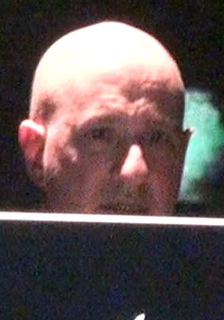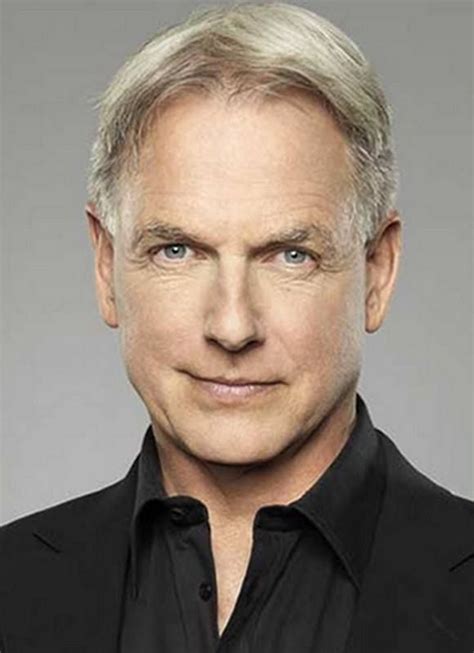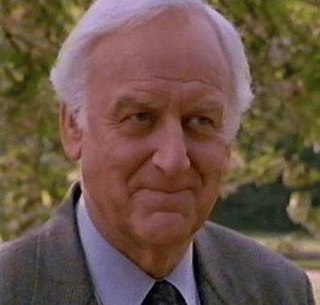A Quote by Russell Brand
As a person I'm a little more doubtful, introspective and analytical.
Quote Topics
Related Quotes
I want to say that what is cool about writing self-aware first person narrative is that the awareness is not necessarily the same awareness of the reader. I have a story coming out in the Paris Review and it's about a hipster. He think's he's self-aware, he's very introspective and analytical, but when you're reading it you can totally see through his self-analysis because you have a higher awareness than he does. I like playing with that too.
I am beginning to realize that "sanity" is no longer a value or an end in itself. The "sanity" of modern man is about as useful to him as the huge bulk and muscles of the dinosaur. If he were a little less sane, a little more doubtful, a little more aware of his absurdities and contradictions, perhaps there might be a possibility of his survival.
It is clear that 'social Darwinism' and 'survival of the fittest' were intended by Obama to evoke feelings of fear and disgust. It is highly doubtful that Obama knows anything about the history of these ideas, and it is even more doubtful that he cares. A concern for truth is not the coin of the political realm.
A little more kindness, A little less speed, A little more giving, A little less greed, A little more smile, A little less frown, A little less kicking, A man while he's down, A little more "We", A little less "I", A little more laugh, A little less cry, A little more flowers, On the pathway of life, And fewer on graves, At the end of the strife.
You could conceive spirituality as the study of the immeasurable, of the qualitative. But that's very different from the way we typically use the word. A spiritual person, in the popular conception, is somebody who's kind of aloof from the world, introspective, meditating, communing with non-material beings. That's the spiritual realm, and we elevate it above the material realm. What's more worthy, what's more admirable? Who's the one who has done this hard work on the self, and has done a lot of "practice"? That's the spiritual person.
There is no such thing as education. The thing is merely a loose phrase for the passing on to others of whatever truth or virtue we happen to have ourselves. It is typical of our time that the more doubtful we are about the value of philosophy, the more certain we are about the value of education. That is to say, the more doubtful we are about whether we have any truth, the more certain we are (apparently) that we can teach it to our children.
In my view, there was a long period in which analytical philosophy had little to say about ethics. I think their intellectual tools did not do well with it, and analytical philosophy was above all about revolutionizing the philosophical tool box. It was more or less assumed that the Truth about ethics was some form of utilitarianism (perhaps because some consequentialist calculus looked to them like a respectable tool). Kantian ethics was then interpreted as a particularly odious version of the False - "deontology" - and treated with contempt.

































